Teens should limit their caffeine intake, according to a new study on healthy drinks for kids. The guidance comes at a time when caffeinated drinks are becoming increasingly popular among young people.
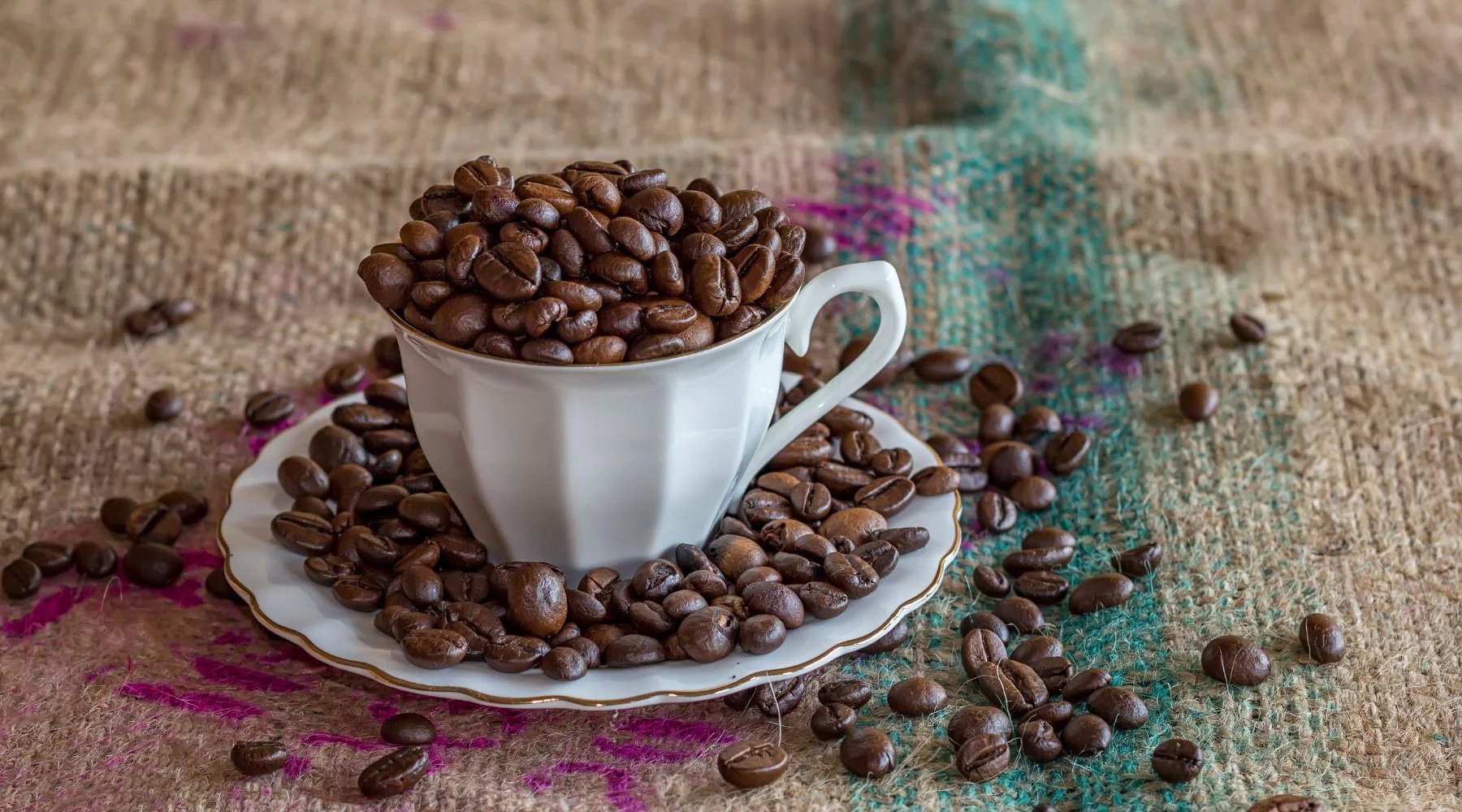
Children should avoid sugary drinks, drinks containing caffeine - Illustration photo
According to a survey released by CS Mott Children's Hospital last year, nearly 25% of parents said their children consumed caffeine most days or every day.
According to parents of teens who consume caffeinated beverages, soda is the most common source of caffeine in their children's diets. About a third of respondents said their children drink coffee or tea, while about 22% said their children drink caffeinated energy drinks.
"Chocolate is also a big source of caffeine," Danelle Fisher, MD, a pediatrician at Providence Saint John's Health Center, told Health magazine.
However, there are currently no specific guidelines regarding caffeine use in children, which raises many questions about whether adolescents can consume these caffeinated products.
Children should limit their consumption of caffeinated beverages.
The new beverage guidelines were released by Healthy Eating Research, a program of the Robert Wood Johnson Foundation, with the participation of researchers at Duke University.
Healthy Eating Research has collaborated with experts from the Academy of Nutrition and Dietetics, the American Academy of Pediatric Dentistry, the American Academy of Pediatrics, and the American Heart Association to develop guidelines based on scientific evidence.
The report suggests that children and adolescents should drink beverages such as water and pasteurized milk, and avoid sugary drinks, artificial sweeteners (such as soda, lemonade) and drinks containing caffeine or other stimulants.
Guidelines from the American Academy of Pediatrics also suggest that avoiding caffeine is the "best choice" for children.
How does caffeine affect children and teens?
Caffeine is a central nervous system stimulant that can make users feel more alert and energized. Effects typically peak within an hour of consumption but can last for 4-6 hours.
In adults, caffeine can provide benefits such as reducing the risk of heart disease and diabetes, and reducing the risk of dementia. However, caffeine can also interfere with the body's absorption of calcium and can increase blood pressure.
"Caffeine is generally safe for adults up to 400 milligrams per day, but the stimulant has different effects on children's bodies," said Megan Lott, associate director of policy and research for the healthy eating program at Duke Global Health.
"Children and teens have smaller bodies and rapidly developing brains, making them more susceptible to the negative effects of consuming too much caffeine," she told Health magazine. "Caffeine can affect sleep quality, increase blood pressure, and negatively impact mental health in children."
Additionally, researchers have shown that young children who consume more caffeinated beverages have poorer cognitive function, and energy drinks may increase the risk of adverse reactions from excessive caffeine consumption, including headaches, insomnia, mood swings, and stomach upset.
“Even a small amount of caffeine from a cup of coffee can cause negative side effects,” Ms Lott added.
According to Deputy Director Lott, caffeine in drinks is not the only culprit as other ingredients that tend to appear in caffeinated drinks can also cause problems.
“Most caffeinated drinks popular with children and teens contain large amounts of added sugar, sweeteners, stimulants like caffeine and taurine, and other additives,” she says.
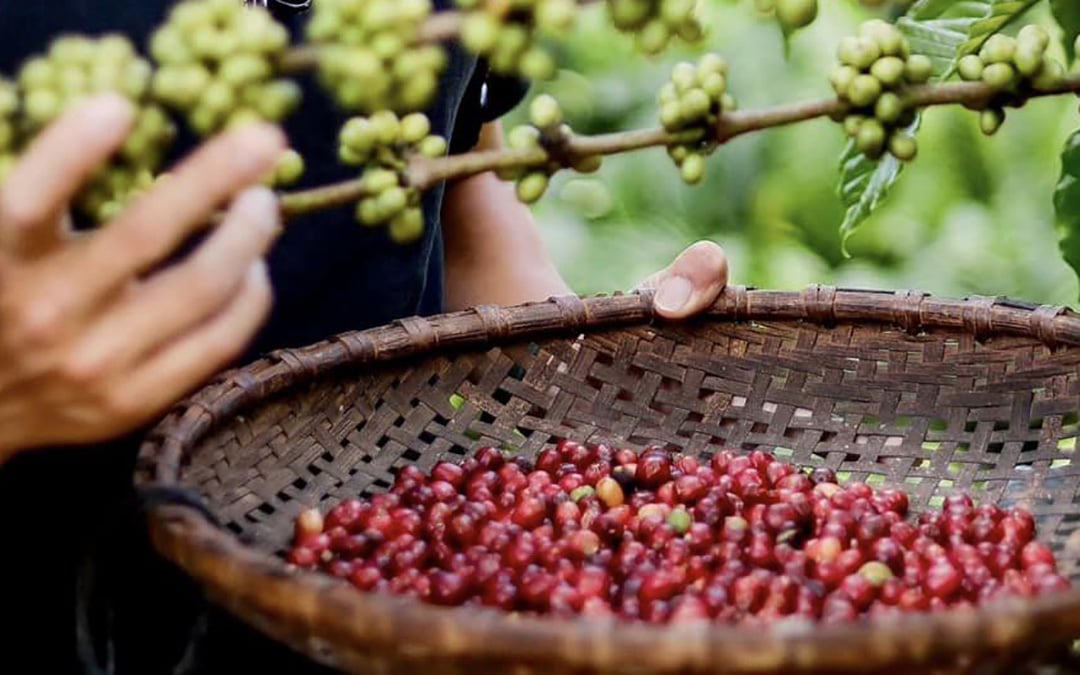
Coffee is a popular drink - Illustration: NGUYEN KHANH
Pediatricians say the guidelines are appropriate but a bit extreme.
In general, experts and research suggest that children and teens do not need caffeine.
"Caffeine is not necessary for a well-rested and well-fed teen," Edith Bracho Sanchez, MD, a pediatrician at Columbia University NewYork-Presbyterian Irving Medical Center, told Health magazine.
But pediatricians say that while caffeine shouldn't be a major part of a teen's diet, it doesn't have to be eliminated entirely. "It's best to not have any substance on a daily basis," says Dr. Fisher.
"But I think it's OK for a teenager to have a cup of tea or a can of soda every now and then, as long as there's no overly negative reaction," Dr. Fisher added.
“I generally recommend a balanced approach rather than complete avoidance,” says Dr. Andrew Carlson, medical director of primary care at Connecticut Children's Hospital.
Teens should limit their caffeine intake to "reasonable" levels of less than 100 milligrams per day, which is equivalent to an 8-ounce cup of coffee.
It's also best for teens to avoid consuming caffeine in the early afternoon, avoid energy drinks (as they can contain dangerous amounts of caffeine), and be aware of any signs of caffeine dependence, such as feeling the need for caffeine to stay awake.
“Even though teens have busy schedules, they shouldn't be using caffeine every day to wake up in the morning,” Dr. Fisher emphasizes.
According to the Centers for Disease Control and Prevention (CDC), high school students need eight hours of sleep each night. So if a teen is relying on caffeine, it could be a sign of an unhealthy sleep schedule.
“Is it a big deal if you’re going out with your family and your child wants a latte? No, it’s not,” says Dr. Bracho Sanchez. “But I also don’t recommend it becoming a daily habit.”
Source: https://tuoitre.vn/nguoi-tre-co-nen-su-dung-do-uong-co-caffeine-20250209085425435.htm


![[Photo] Opening of the 44th session of the National Assembly Standing Committee](https://vstatic.vietnam.vn/vietnam/resource/IMAGE/2025/4/14/03a1687d4f584352a4b7aa6aa0f73792)

![[Photo] Touching images recreated at the program "Resources for Victory"](https://vstatic.vietnam.vn/vietnam/resource/IMAGE/2025/4/14/99863147ad274f01a9b208519ebc0dd2)
![[Photo] Children's smiles - hope after the earthquake disaster in Myanmar](https://vstatic.vietnam.vn/vietnam/resource/IMAGE/2025/4/14/9fc59328310d43839c4d369d08421cf3)
![[Photo] General Secretary To Lam chairs the third meeting to review the implementation of Resolution No. 18-NQ/TW](https://vstatic.vietnam.vn/vietnam/resource/IMAGE/2025/4/14/10f646e55e8e4f3b8c9ae2e35705481d)



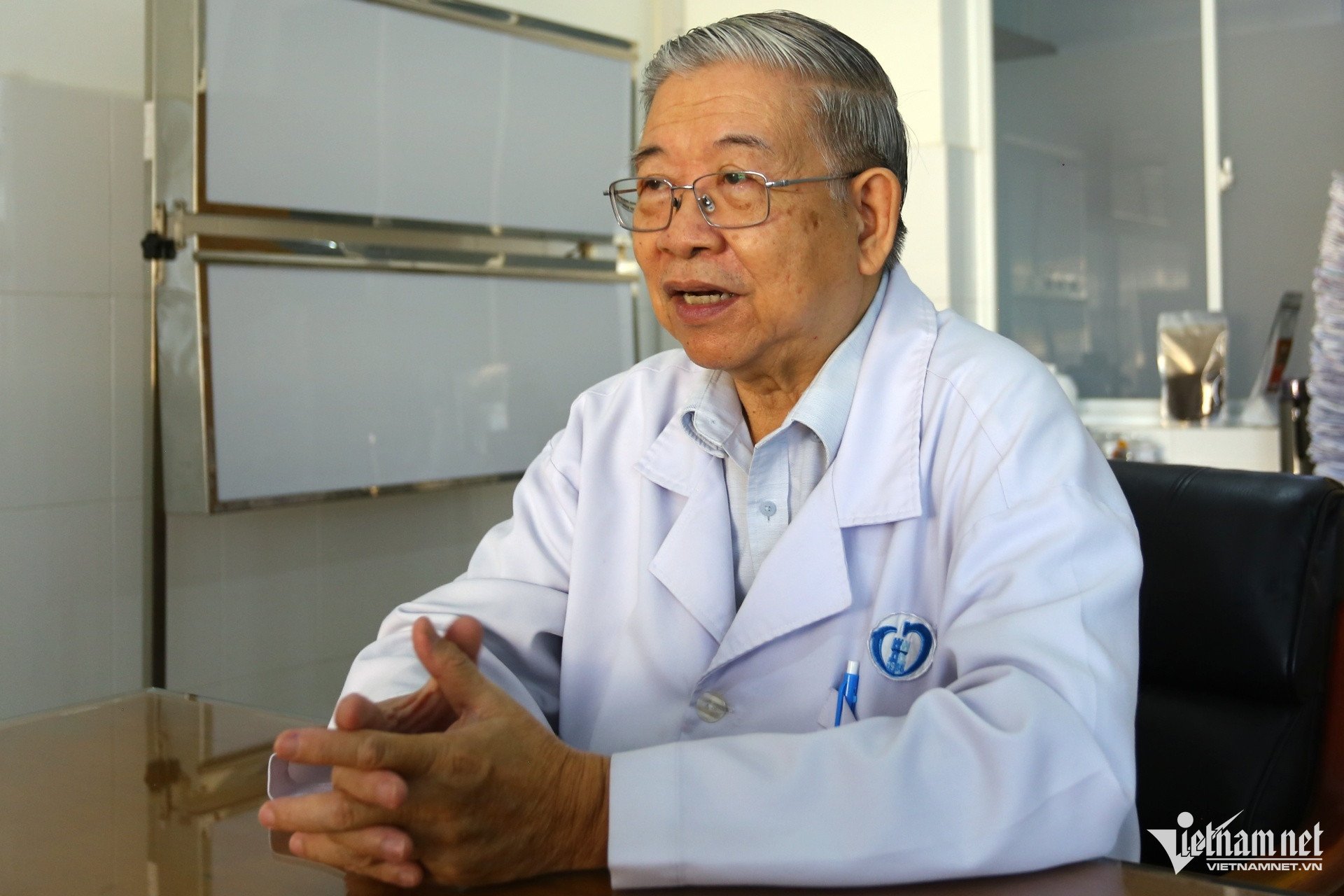




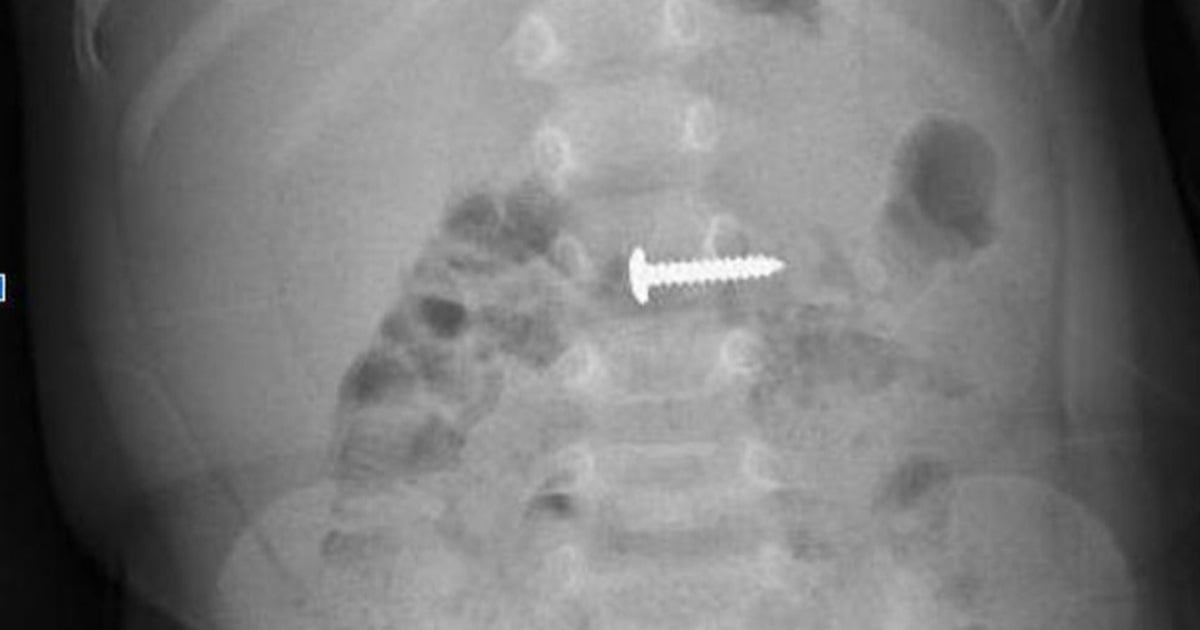

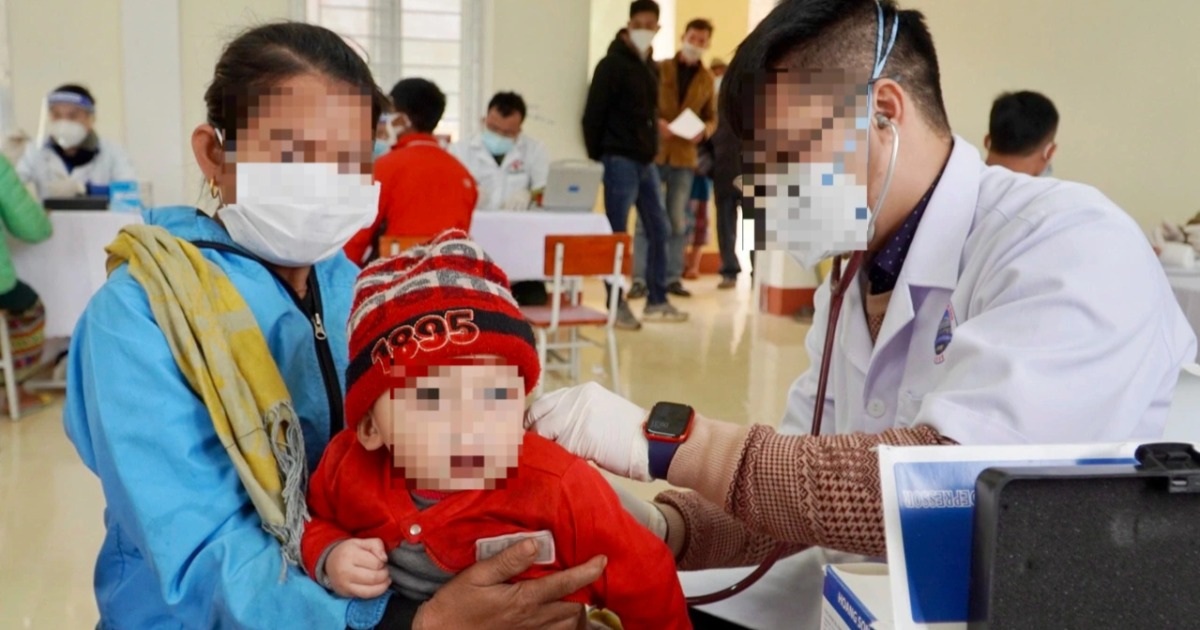

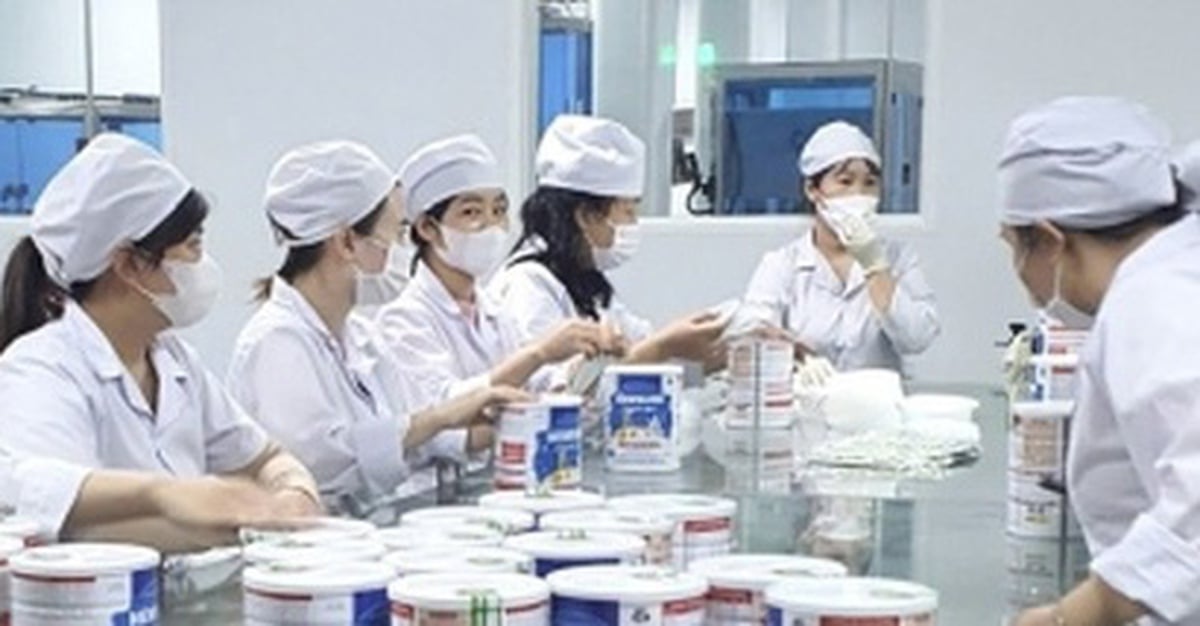




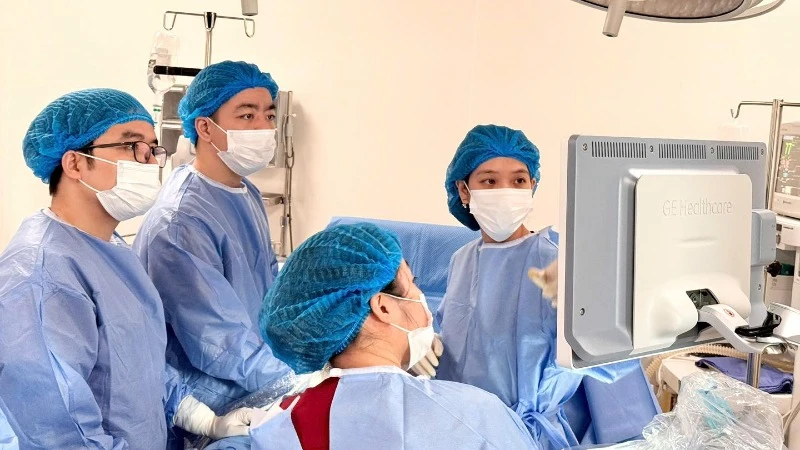




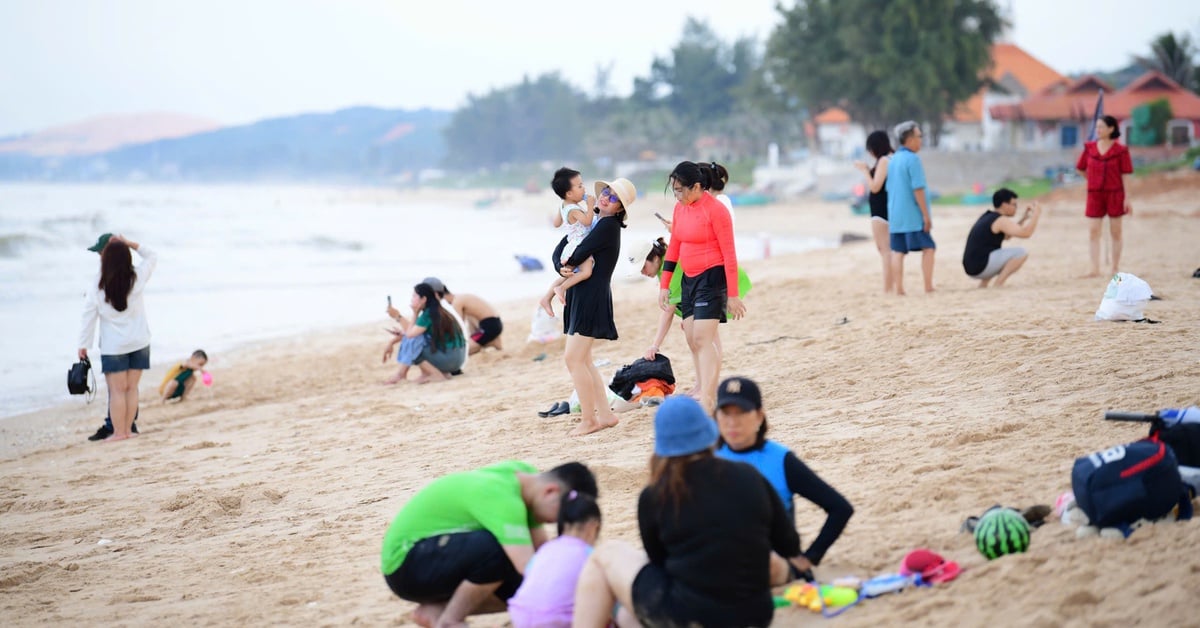


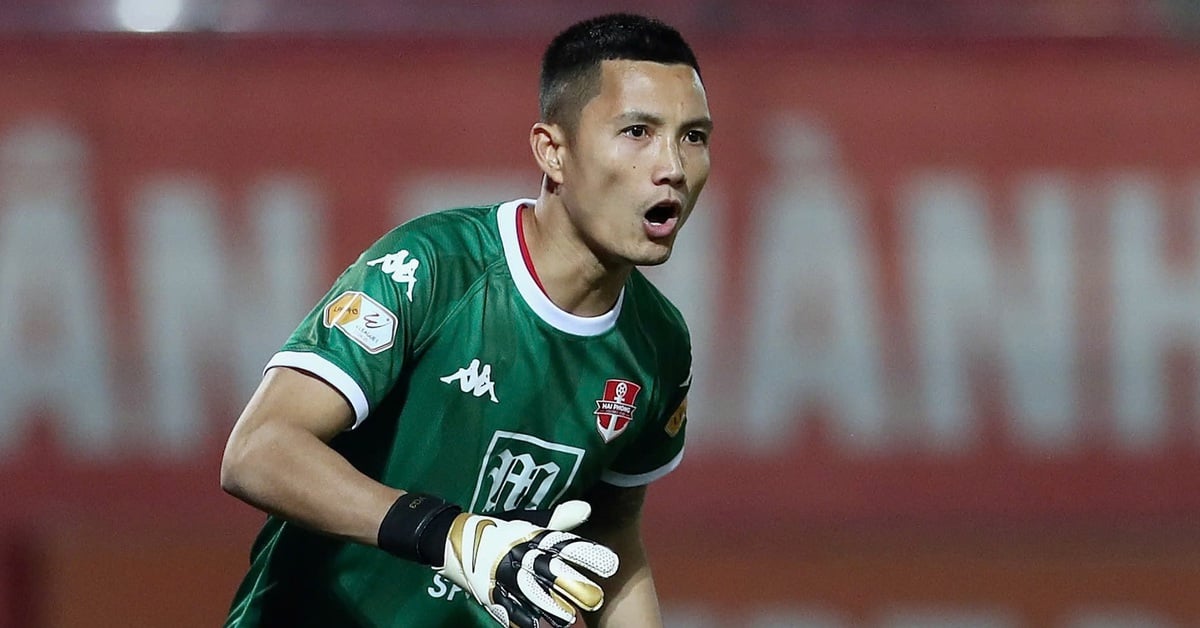
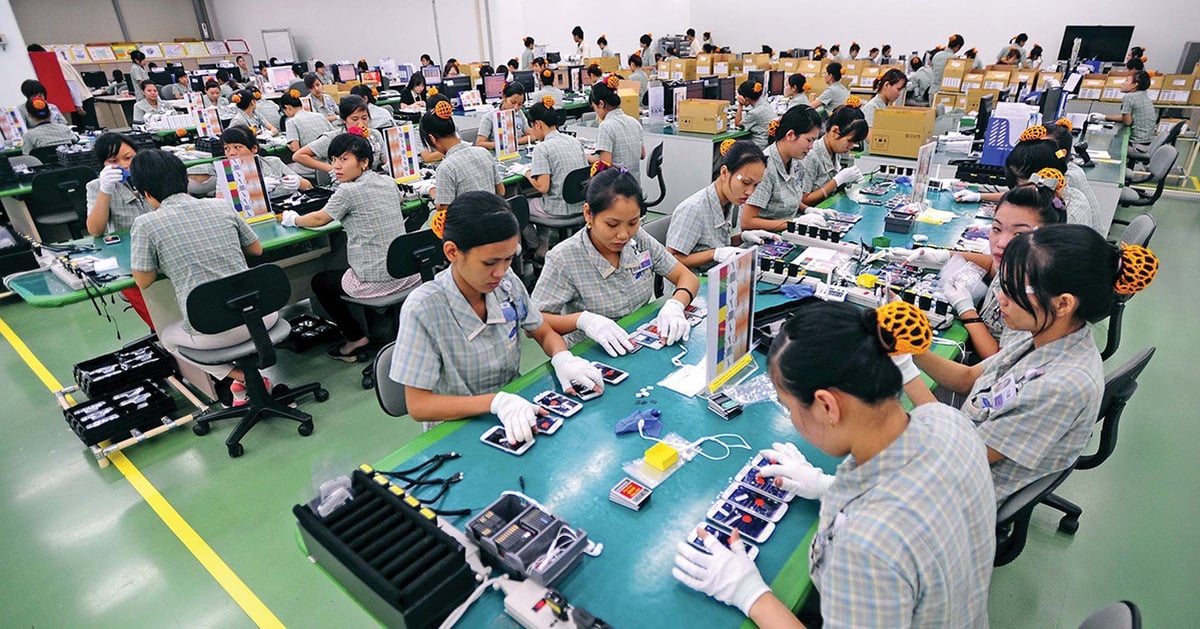















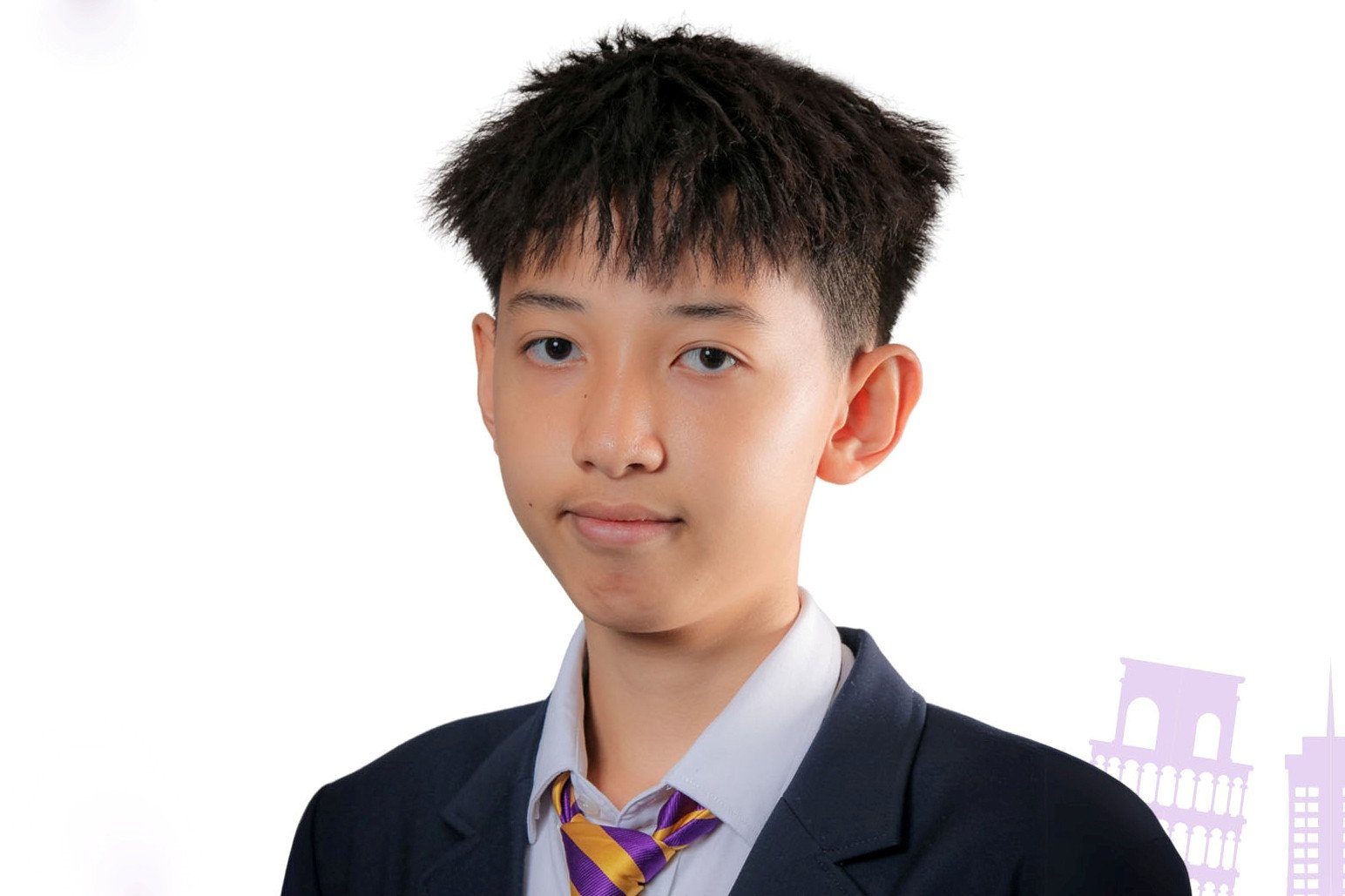




























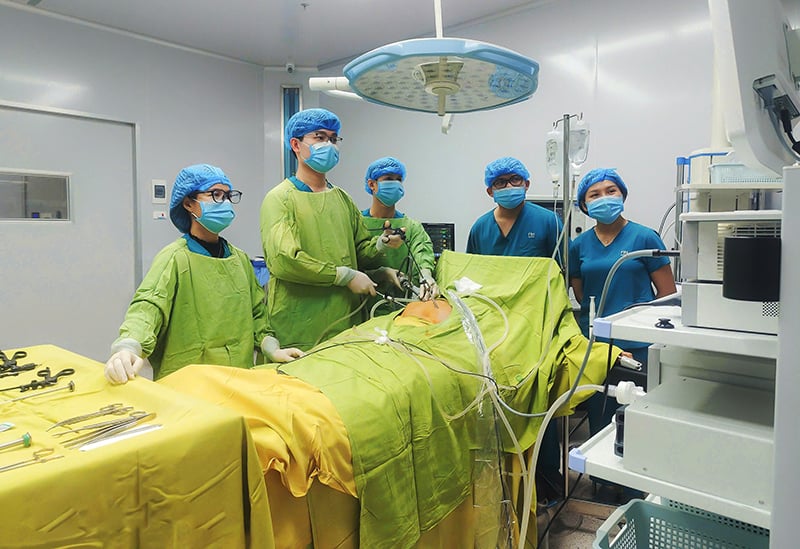












Comment (0)